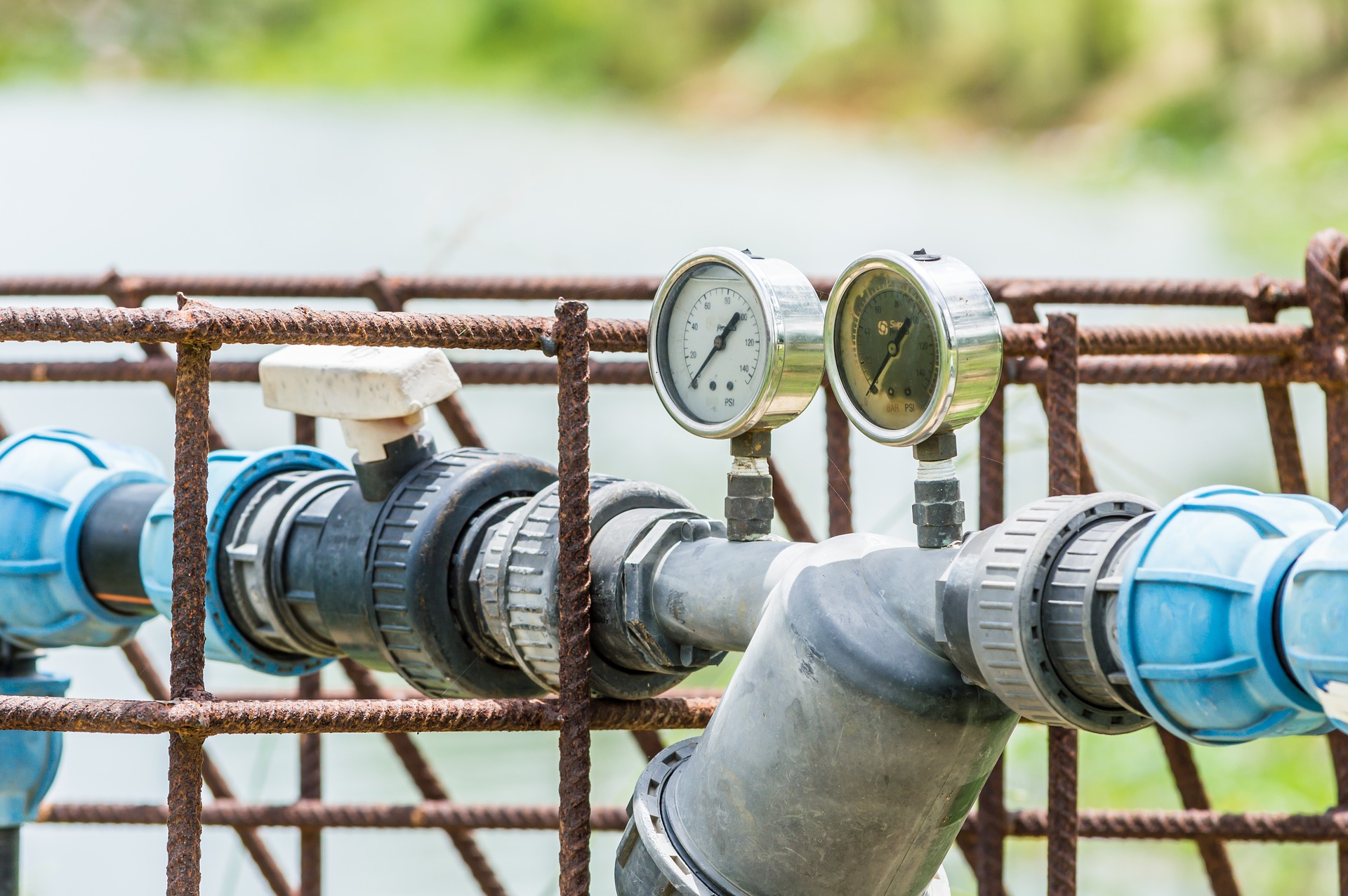
Is Wastewater a Resource?
Just hearing the term “wastewater” insinuates something negative, but as it turns out there are a number of economic and environmental benefits to reusing wastewater in other contexts—so much so, in fact, that many experts even consider wastewater to be a legitimate resource, a word with much more positive connotations.
How Wastewater Can Be a Resource
If properly treated, wastewater can be reused in several different beneficial ways. Around the world, about 80 percent of wastewater is just released right back into the environment without proper wastewater treatment, causing tremendous impacts on ecosystems and the general public health. Humans use more water in more contexts now than at any other time in history, so using wastewater to satisfy some of those needs can help fix water shortages all over the globe.
Specifically, wastewater can be reused in the following areas:
Agriculture
The most notable reuse of wastewater in the agricultural sense is through irrigation, where treated wastewater can be delivered to crops to help them grow. There is no reason to use valuable freshwater when wastewater that has been treated to meet reuse conditions can do the same job with similar results. This can help ensure that the world has the food it needs moving forward, since entirely too many places lose out on successful agricultural due to drought and lack of proper irrigation.
Urban Use
Obviously nobody should be drinking even treated wastewater, but it still has a place in urban culture, specifically through the use of irrigation of public parks, recreation centers, athletic fields, school lawns and playing fields. It also can be used to irrigate the landscaped areas around public, residential, commercial and industrial buildings, while golf courses also can keep their grass green by watering it with treated wastewater. Fire protection, fountains, and toilet and urinal flushing in commercial and industrial buildings also can benefit from treated wastewater rather than needlessly wasting freshwater.
Industrial Use
Another place where water is used in excess every day is industrial facilities, which use water as an evaporative coolant for power stations, fodder for boilers, and as process water, a generic term for the use of water in any step of manufacturing or industrial practices. Any of these processes can use treated wastewater rather than freshwater.
Recreation and Landscaping
One of the most superfluous uses of water in the modern world comes through landscaping. This could be anything from smaller fountains and landscaped areas to larger water-based recreational sites intended for boating, fishing, or even just aesthetic purposes. The quality of the water used in any of these instances would depend on the degree of human body contact with the water, but especially for those large areas meant only for aesthetic impact, wastewater can safely be reused.
There are so many ways that wastewater can be reused safely, and here at MI2 Operating Systems, we employ expert contract operations teams to help businesses make use of wastewater in a way that is both cost effective and environmentally friendly. With water shortages worldwide, now is as good a time as any to find ways to help the planet by reusing wastewater and saving the freshwater for potable use whenever possible.
